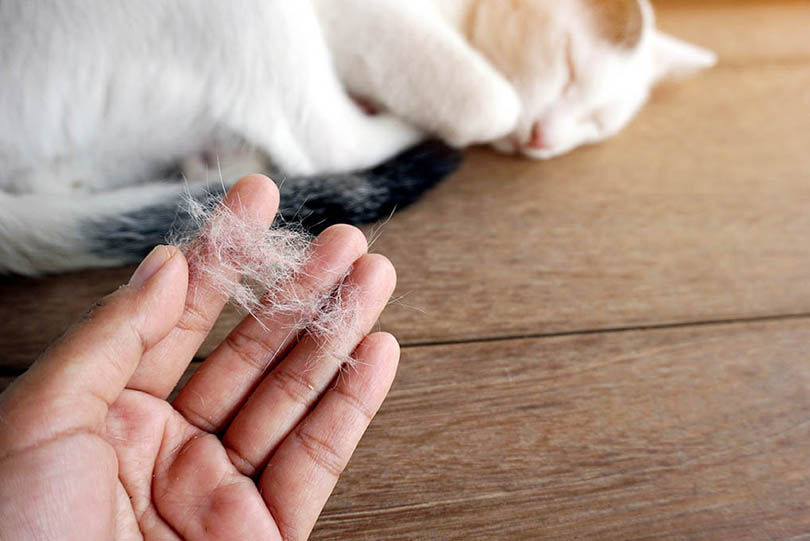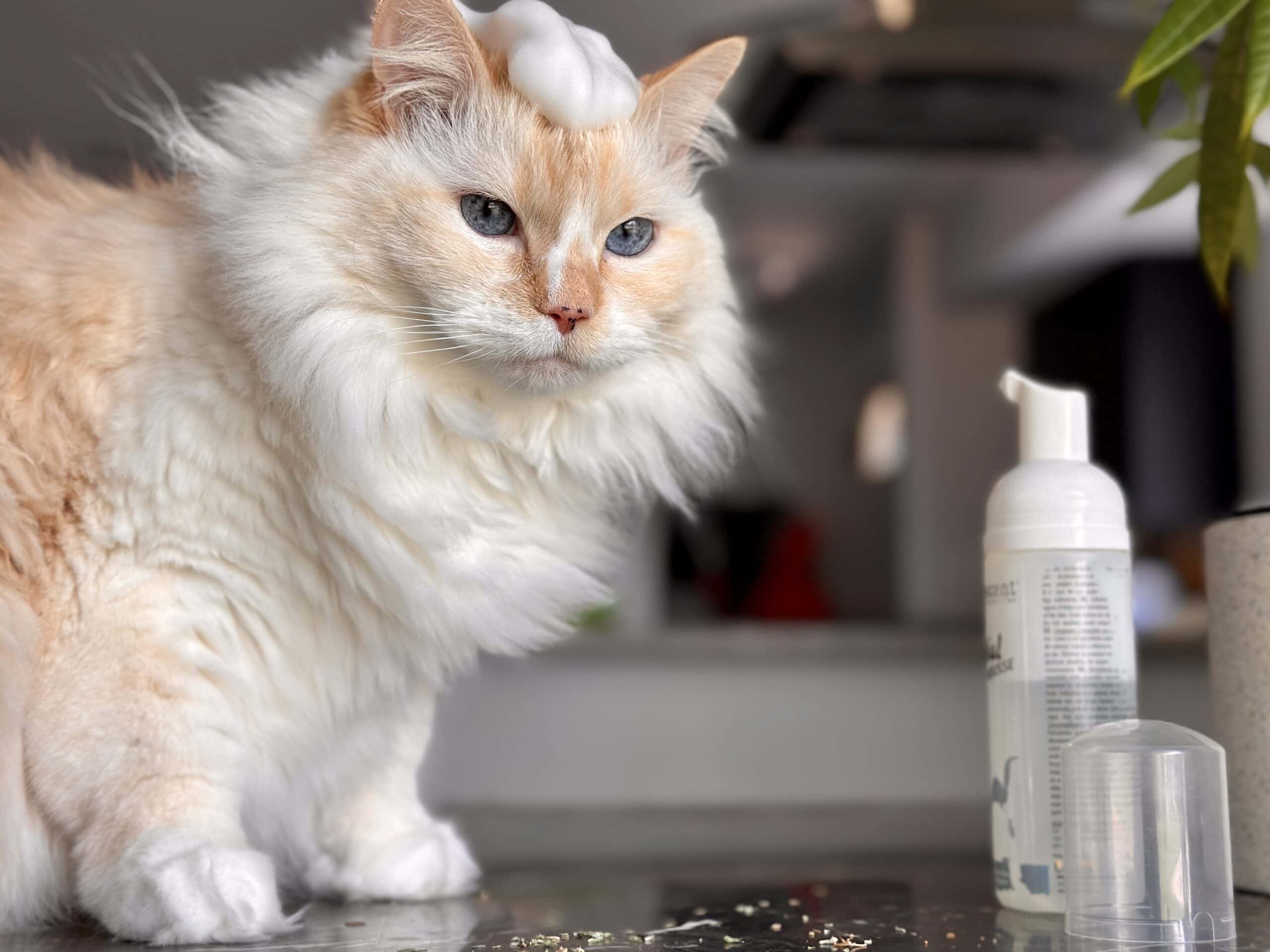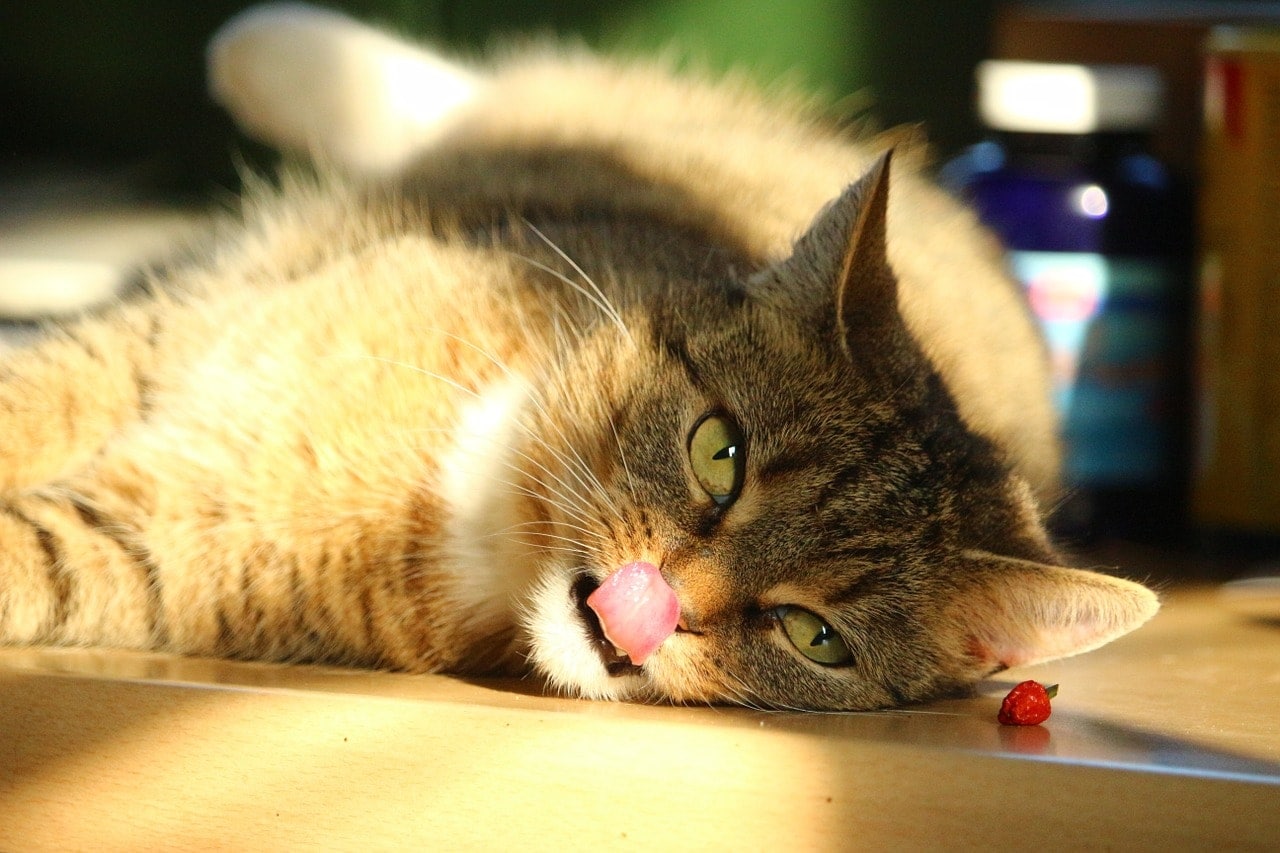Why Is My Cat Panting After Playing? 5 Vet-Reviewed Reasons

Updated on
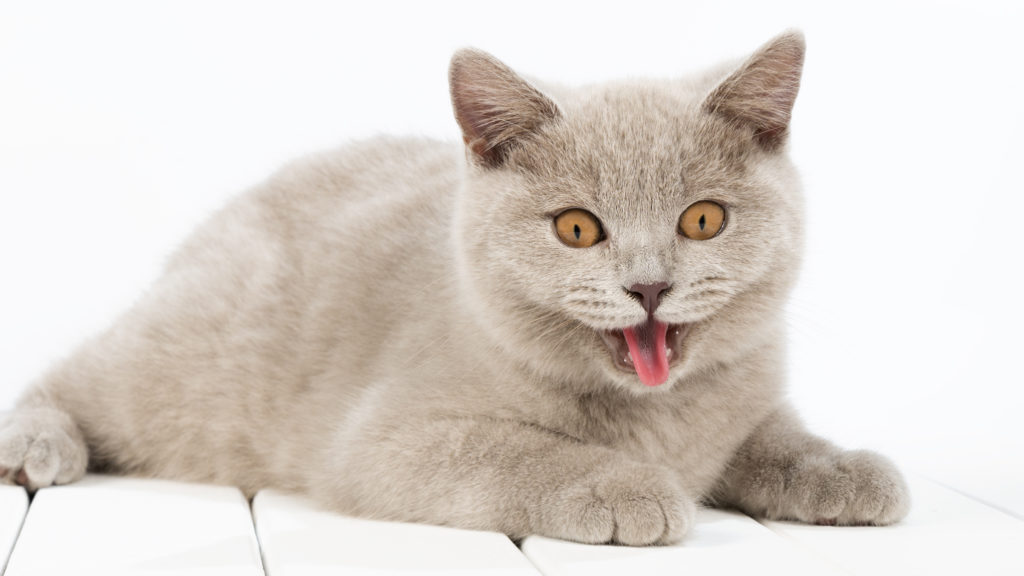
There are a few reasons your cat may be panting after playing. To get to the bottom of the issue, continue reading below. We’re sharing five possible reasons your cat may pant after playing.

The 4 Possible Reasons Your Cat Is Panting After Playing
1. They’re Overheated
The most common explanation for your cat panting after playing is that they’ve simply overheated. Cats don’t sweat as humans do, so they can’t cool down as efficiently. If your cat has been running around and playing hard, it may start to pant to regulate its body temperature.
If your cat is overheated, take them to a cool, shady spot and offer them some water to drink. You can also wet their paw pads with cool water or apply a cool, damp cloth to their belly. If your cat is still panting after taking these measures, don’t hesitate to call your veterinarian for further advice.
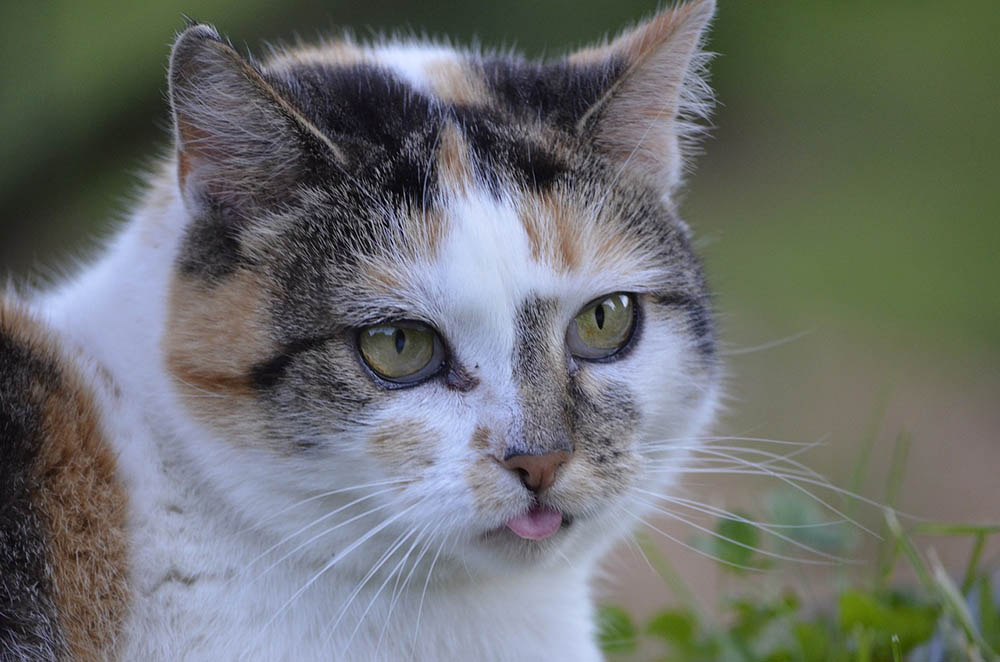
2. They Just Expended a Lot of Energy
Cats get excited just like we do, and sometimes they just need to let off some steam. If your cat has been having a blast running around and playing, its may start panting as a way to calm down and catch its breath.
This is usually nothing to worry about, but if your cat is panting excessively or seems particularly stressed, it’s always best to check in with your vet to rule out any underlying health issues (more on that in a moment).
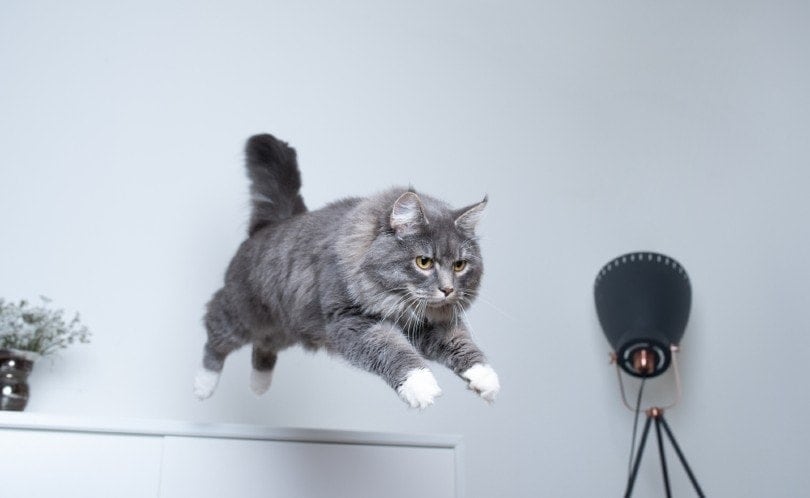
3. They’re Nervous or Anxious
If your cat is nervous or anxious, it may naturally start to pant. Cats may become nervous or anxious for a variety of reasons, including changes in their routine, meeting new people or animals, or even just being in a new environment.
But if you think your cat’s panting is due to nerves or anxiety, try to create a calm and relaxed environment for them. This may help to ease their panting and prevent it from happening in the future.
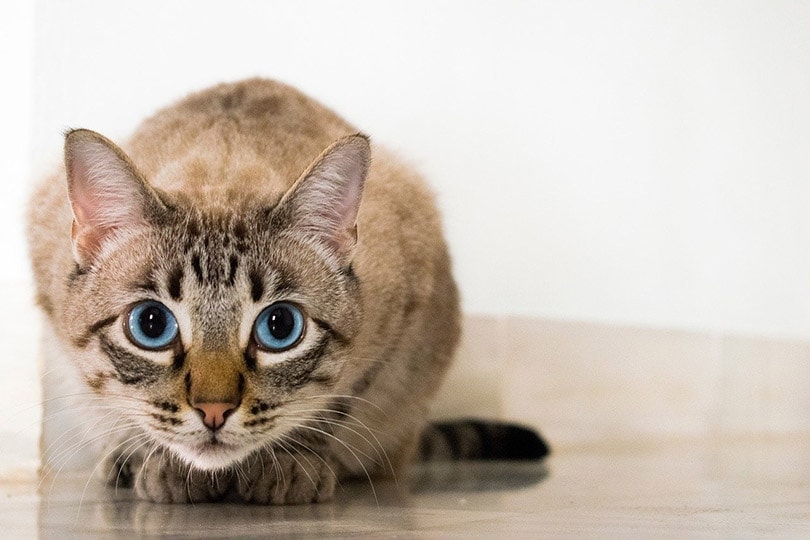
4. They’re Dehydrated
Cats can easily become dehydrated, especially if they’re not drinking enough water or if they’re losing a lot of fluids (like through vomiting or diarrhea). If your cat is dehydrated, it may pant to help regulate its body temperature.
Dehydration can be serious, so it’s important to take your cat to the vet if you think it may be dehydrated. They can do a physical examination and run some tests to determine if dehydration is indeed the issue.
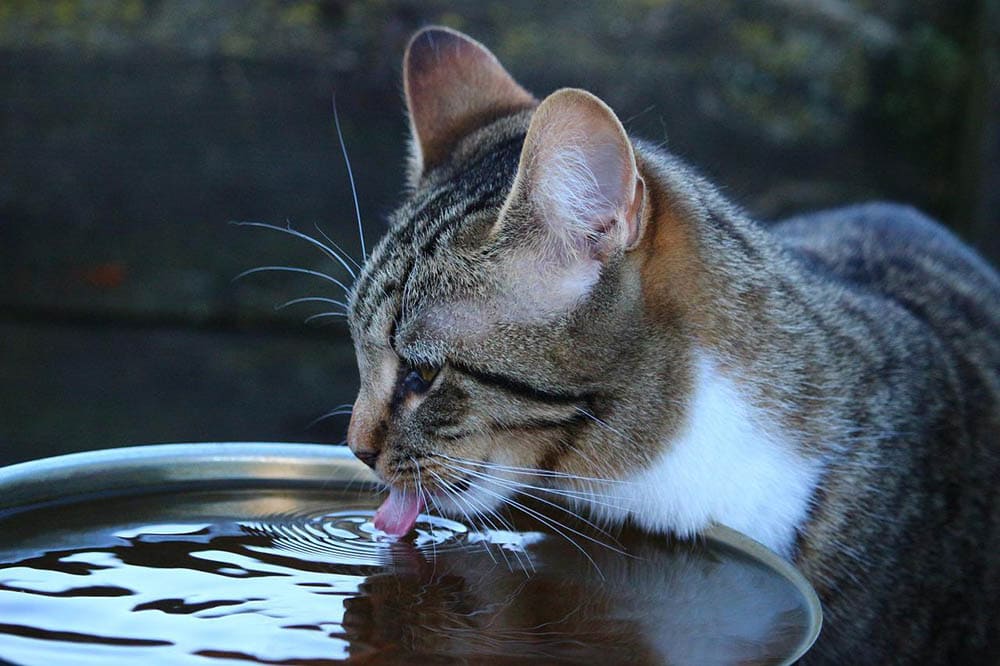
5. They Have an Underlying Health Condition
It’s also possible that your cat’s panting is caused by pain or an underlying health condition. If you think this may be the case, make an appointment with your veterinarian. They’ll be able to give your cat a thorough examination and diagnose any underlying health issues.
For example, if your cat pants or open mouth breathes for no apparent reasons, it could be a sign of heart disease. Your veterinarian will be able to develop a treatment plan to help your cat feel better and manage its condition.
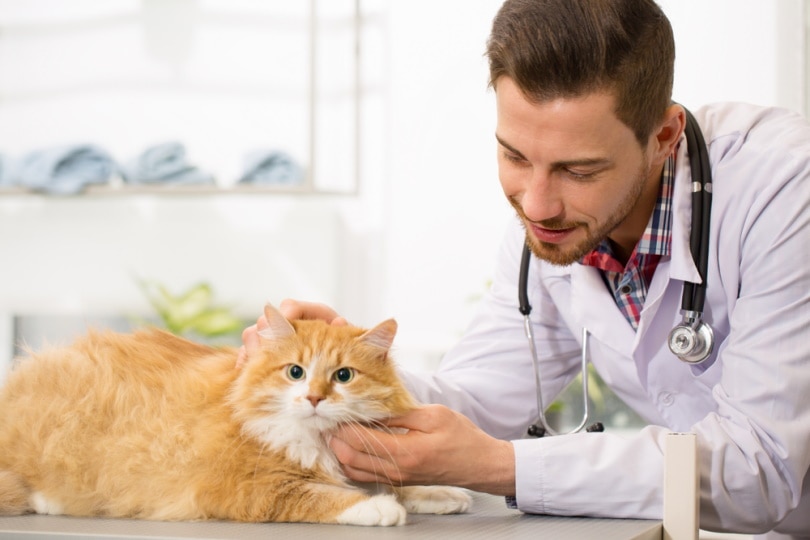
Tips to Ensure Safe Playtime for Your Feline Friend
Most cats enjoy a good play session, but sometimes things can get a little too rough. Here are some tips to make sure your cat stays safe while playing:
- Know Your Cat’s Limits: Just like us, our feline friends can get a little too excited during playtime and overdo it. Be sure to keep an eye on your kitty and know when to call it quits.
- Go Easy on the Toys: Cats love to play with their toys, but sometimes they can get a little too rough. Watch your cat while they play, and make sure the toy is appropriate for their size and strength.
- Get in Some Cuddle Time: After a fun play session, your kitty will probably be exhausted. Be sure to give your feline friend some love and attention and maybe even a little nap.
- Check for Injuries: Sometimes, in the heat of play, cats can accidentally hurt themselves. Be sure to check your kitty over for any cuts or bruises after playtime.
- Stay Hydrated: It’s important for all of us to stay hydrated, especially when we’re exerting ourselves. Make sure your cat has fresh water available at all times, and consider giving your furry friend a little extra after a play session. By following these simple tips, you can help ensure that your cat has a safe and fun playtime.

Conclusion
Panting isn’t necessarily cause for alarm, but if your cat is doing it excessively, it’s worth checking in with your vet to rule out any health concerns. In the meantime, take steps to monitor your cat for signs of overheating, and make sure they have plenty of fresh water to stay hydrated.
Featured Image Credit:Paul_Brighton, Shutterstock


